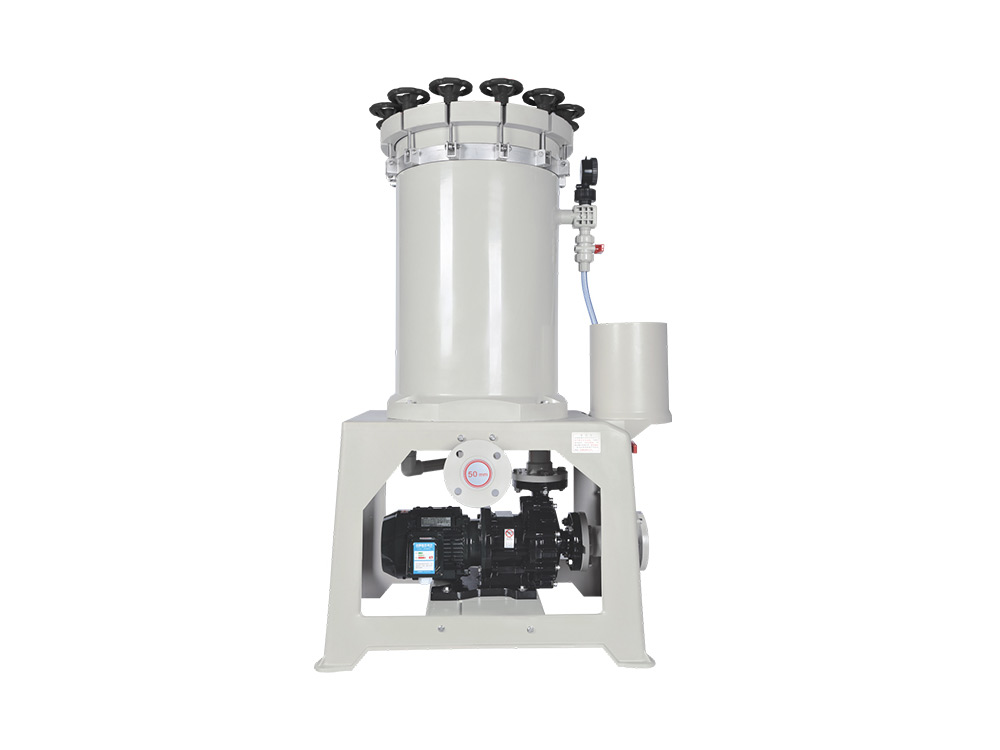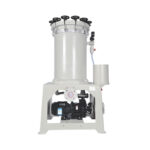
# Chemical Filter: Essential Technology for Air and Water Purification
Chemical filters play a pivotal role in modern air and water purification systems. These advanced technologies are designed to remove harmful contaminants, ensuring cleaner and safer environments for both industrial and residential applications. By leveraging chemical reactions and adsorption processes, chemical filters effectively neutralize pollutants, making them indispensable in today’s world.
## How Chemical Filters Work
Chemical filters operate by utilizing specialized materials that interact with contaminants at a molecular level. These materials, often composed of activated carbon, zeolites, or other adsorbents, trap and neutralize harmful substances such as volatile organic compounds (VOCs), chlorine, and heavy metals. The process involves adsorption, where pollutants adhere to the surface of the filter media, and chemical reactions that break down or transform the contaminants into less harmful compounds.
### Applications in Air Purification
In air purification, chemical filters are widely used to improve indoor air quality. They are particularly effective in removing odors, smoke, and toxic gases from the air. Common applications include:
– HVAC systems in commercial and residential buildings
– Industrial facilities with high levels of airborne pollutants
– Air purifiers for homes and offices
### Applications in Water Purification
Chemical filters are equally vital in water treatment processes. They help eliminate impurities such as chlorine, pesticides, and heavy metals, ensuring safe drinking water. Key applications include:
– Municipal water treatment plants
– Household water filtration systems
– Industrial wastewater treatment
## Benefits of Chemical Filters
The use of chemical filters offers numerous advantages, including:
– Enhanced safety by removing harmful substances
– Improved air and water quality
– Long-lasting performance with proper maintenance
– Versatility in addressing a wide range of contaminants
## Choosing the Right Chemical Filter
Selecting the appropriate chemical filter depends on the specific contaminants you aim to remove and the environment in which it will be used. Factors to consider include:
– The type and concentration of pollutants
– The required flow rate and capacity
– Maintenance requirements and lifespan
In conclusion, chemical filters are an essential technology for air and water purification. Their ability to effectively remove harmful contaminants makes them a cornerstone of modern purification systems, contributing to healthier and safer living and working environments.
Keyword: chemical filter

